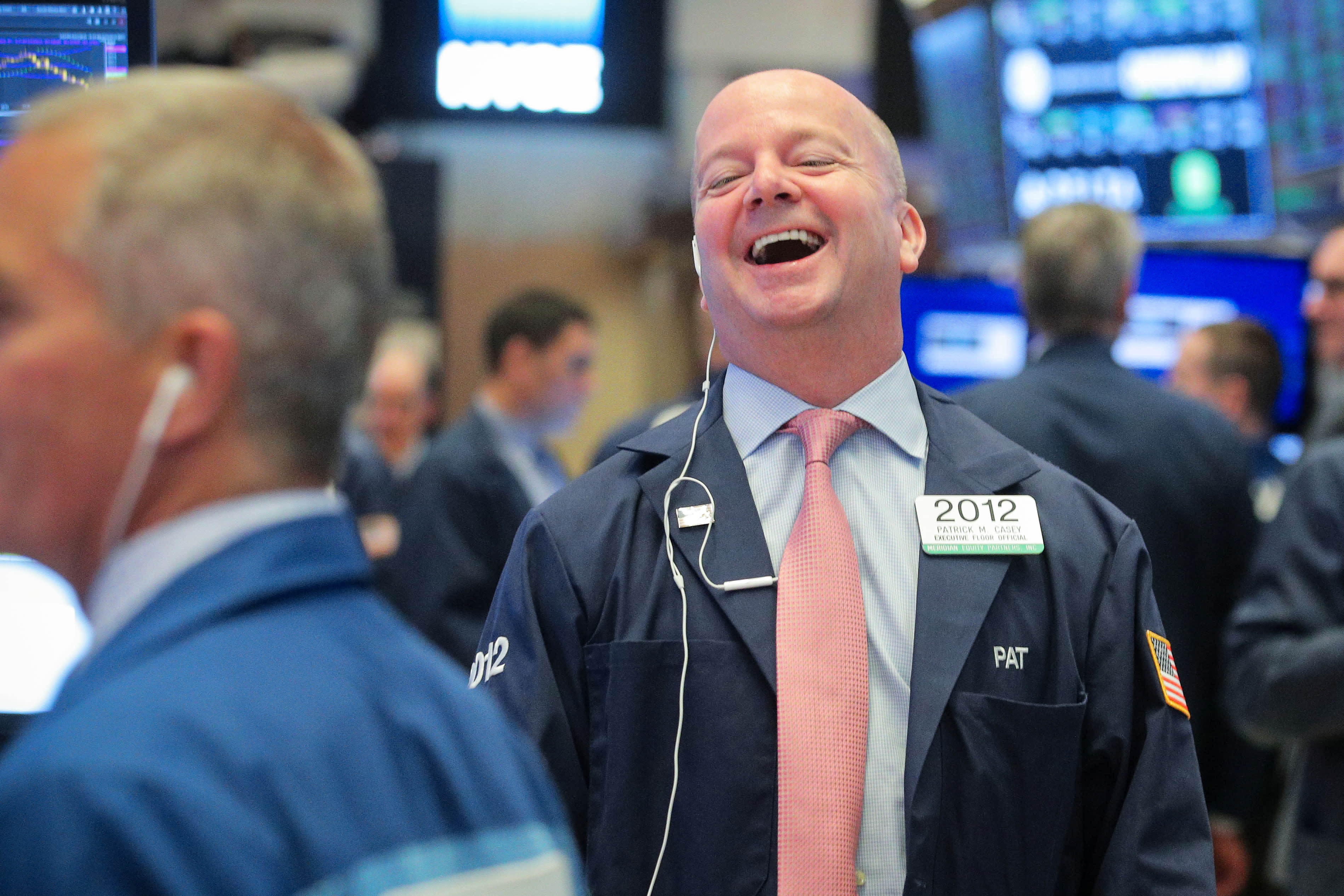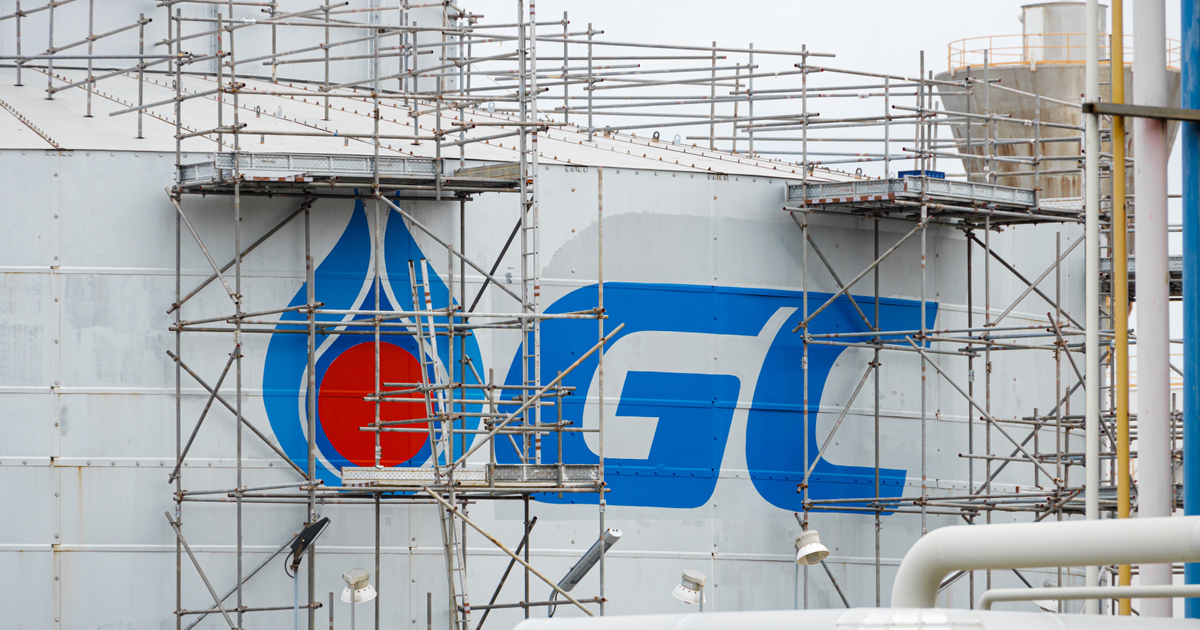Bed Bath & Beyond again warns of bankruptcy if new stock offering doesn't pay off
Beleaguered retailer Bed Bath & Beyond is offering $300 million in stock in a last ditch effort as it warns of bankruptcy, again.

An exterior view of a Bed Bath & Beyond store on February 7, 2023 in Clifton, New Jersey.
Kena Betancur | Corbis News | Getty Images
Bed Bath & Beyond is warning of a bankruptcy filing — again — if a proposed $300 million stock offering doesn't pay off.
The beleaguered retailer said in a securities filing Thursday that its lenders downsized its loan. If it doesn't receive proceeds from the stock offering, Bed Bath & Beyond warned Thursday it will likely need to file for bankruptcy protection.
In addition, the company disclosed that the loans it secured last year were downsized. According to the filing with the Securities and Exchange Commission, the company said its $565 million revolving loan was decreased from $565 million to $300 million. As part of the amendment to its loans, Bed Bath will now be on the hook for monthly interest payments.
The latest updates come after Bed Bath finalized what was then-believed to be a Hail Mary stock offering in February that had been expected to infuse more than $1 billion in equity into the company. From that offering Bed Bath brought in $225 million, which it used to pay some of its debts.
Yet Bed Bath's stock price has been on a precipitous decline in recent months, weighing on its fundraising efforts. On Thursday its stock was down roughly 17% to below 70 cents a share.
On Thursday the company also reported preliminary results for its fiscal fourth quarter, with net sales of roughly $1.2 billion and comparable store sales declining in the range of 40% to 50%. The company noted negative operating losses have continued, although it noted it hasn't depleted its free cash flow.
The company reported $2.05 billion in revenue for the fiscal fourth quarter of 2021.
Bed Bath has been desperate to stay out of bankruptcy court. It has been searching for buyers and investors in recent months, CNBC previously reported.

 Koichiko
Koichiko 
































